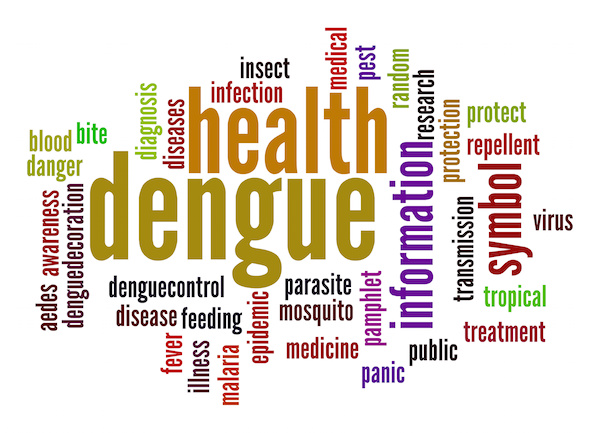
MONDAY, Sept. 26 (HealthDay News) — U.S. health officials issued a cautionary note Monday about an increased risk of blood clots in women taking newer forms of birth control pills, such as Yaz or Yasmin.
Although stopping short of a definitive statement, the U.S. Food and Drug Administration (FDA) did say it “remains concerned” about a potentially higher risk of blood clots in women taking the “fourth generation” pills containing drospirenone, a new type of synthetic progestin.
These new pills — marketed as Yaz or Yasmin, among other brand names, in North America — are popular, although the risk of blood clots, also known as venous thromboembolism (VTE), has been noted before.
VTEs are clots that typically originate in the legs and can travel to the lungs. They are best known as so-called “economy class syndrome” because of cases occurring during long-haul flights, although experts warn that they can happen at any time. Symptoms include leg pain, chest pain or sudden shortness of breath.
Preliminary results of an FDA-funded study show a 50 percent increased risk of VTEs in women taking drospirenone-containing pills versus other hormonal contraceptives.
The risk to any one woman remains small: overall, the risk of a VTE is about six women per 10,000 users for the older contraceptives versus 10 per 10,000 using the newer versions, the FDA said.
The agency also reviewed six other studies on the subject, the results of which were conflicting. Two studies found no difference in risk, while another two found a 1.5-fold to 2-fold increased risk.
And two more studies, appearing earlier this year in the BMJ, found double to triple the risk.
The FDA issued a similar safety communication at the end of May, after the two BMJ studies came out.
Experts advise that women who have been on Yaz, Yasmin or similar drugs should not discontinue use without talking to their health care provider because they may not need to come off the pill at all. However, newcomers to the pill might consider older options.
“The question is, should patients who have been on it for years, should they switch? I think they should talk to their doctors,” said Dr. Jennifer Wu, an obstetrician/gynecologist at Lenox Hill Hospital in New York City. “[And] I would not start patients on this pill. Blood clots are very serious. They can kill patients. With all the options we have, we should probably start [new patients] with safer contraceptive pills.”
Women with other additional risk factors for blood clots definitely should not be on drospirenone-containing pills, Wu added.
Risk factors for VTE include smoking, being overweight or a family history of blood clots.
The FDA statement released Monday noted that studies to date have only looked at pills containing drospirenone and a higher dose of estrogen, not those containing drospirenone and a lower dose of estrogen. So, it’s possible that some drospirenone-containing products may be safer than others.
This isn’t likely to be the last word on the matter, either: FDA advisory committees are scheduled to delve further into the matter at a December meeting, at which time the full findings of the agency-funded study will be released.
More information
Find out more on this issue at the U.S. Food and Drug Administration.

